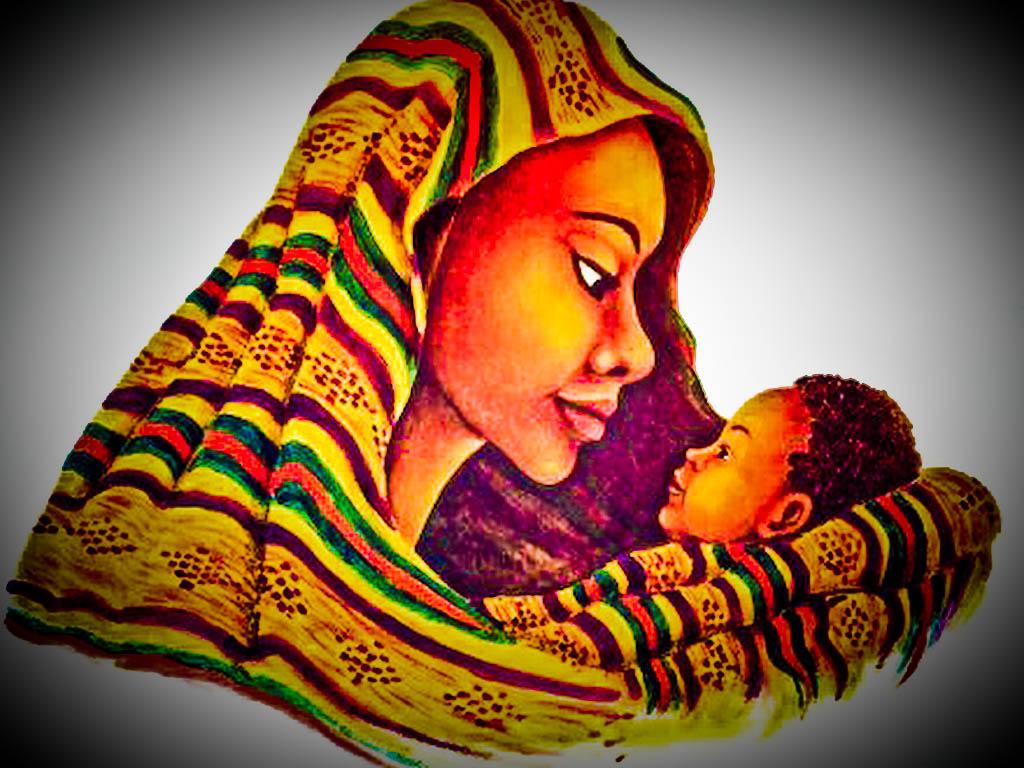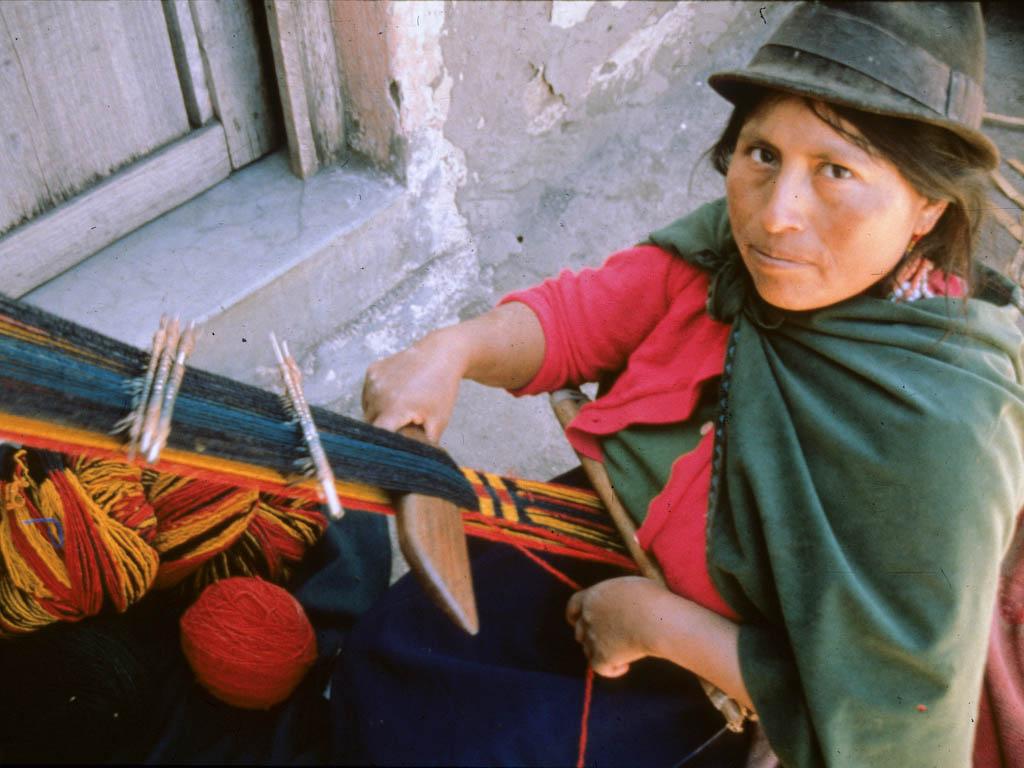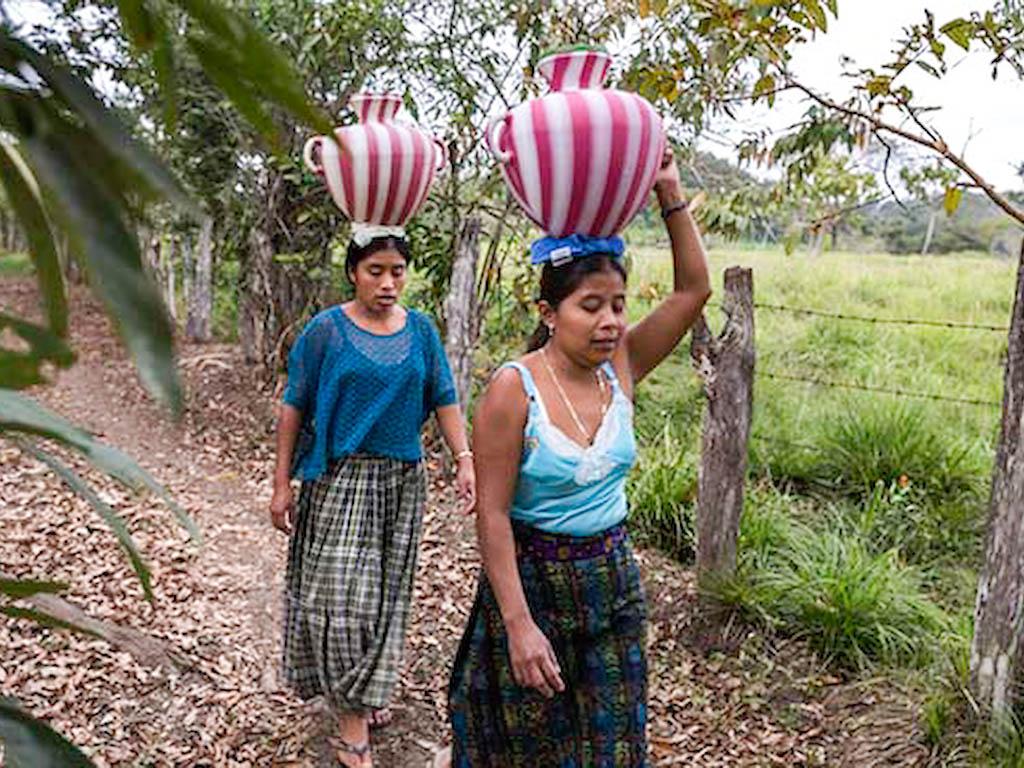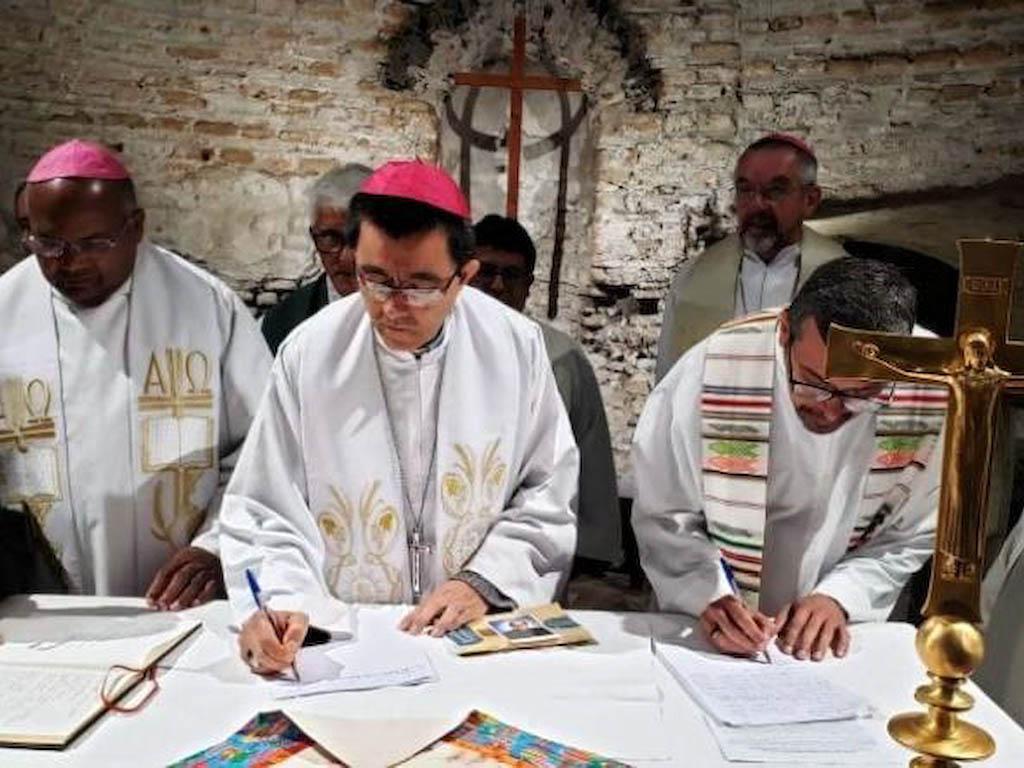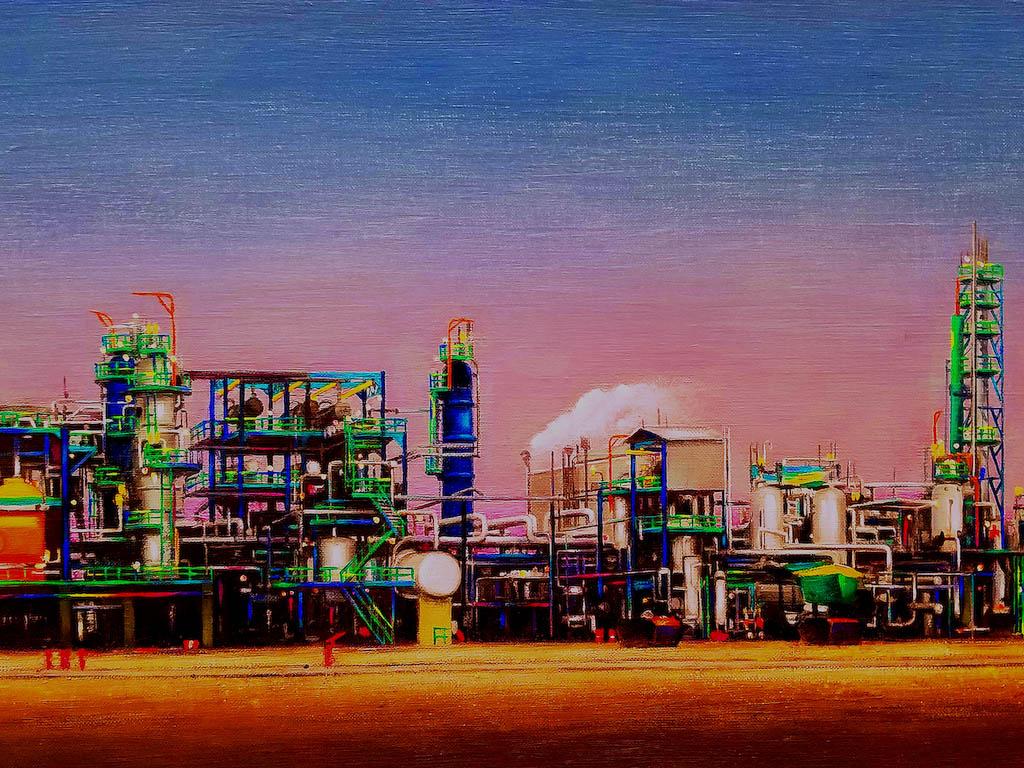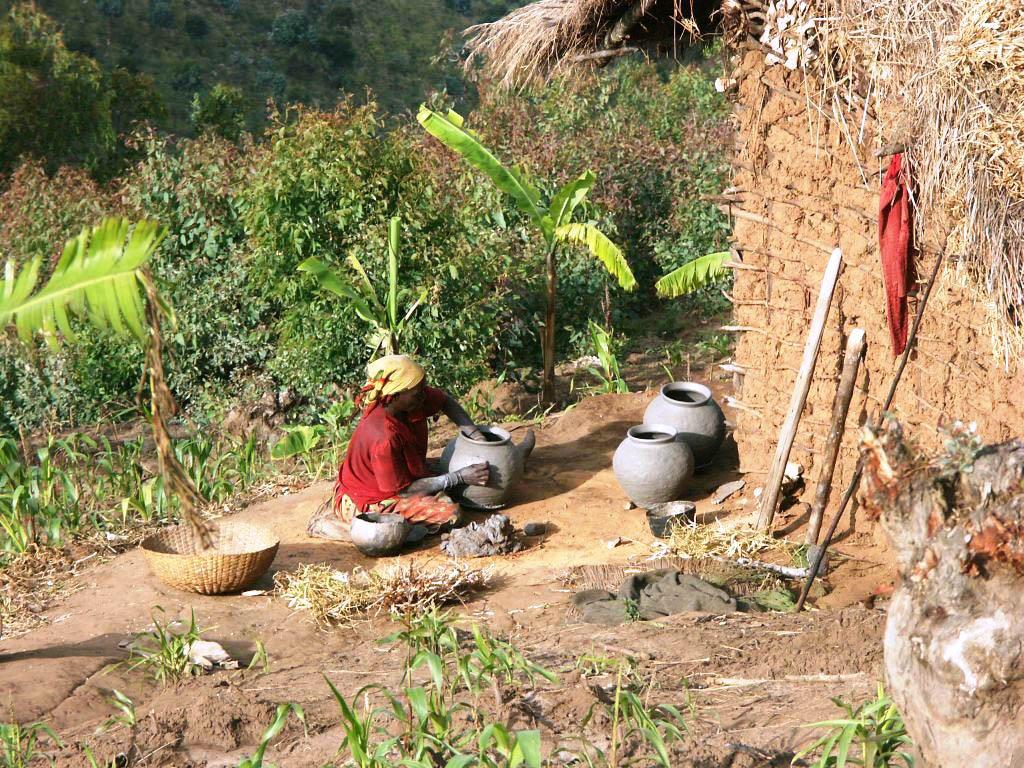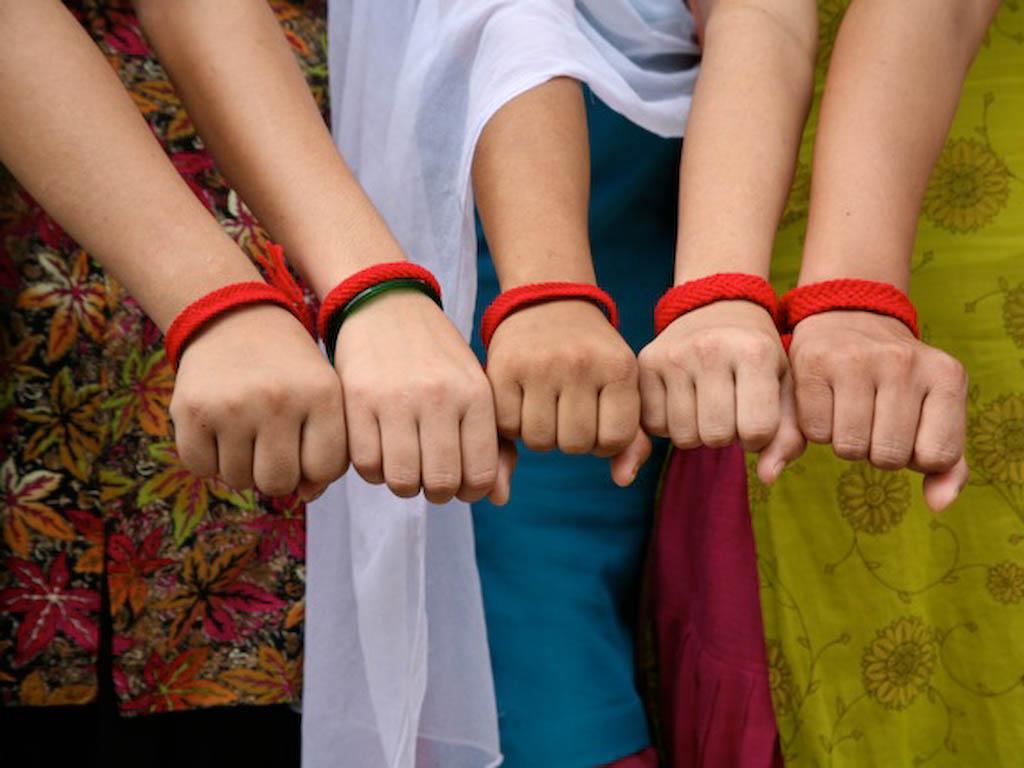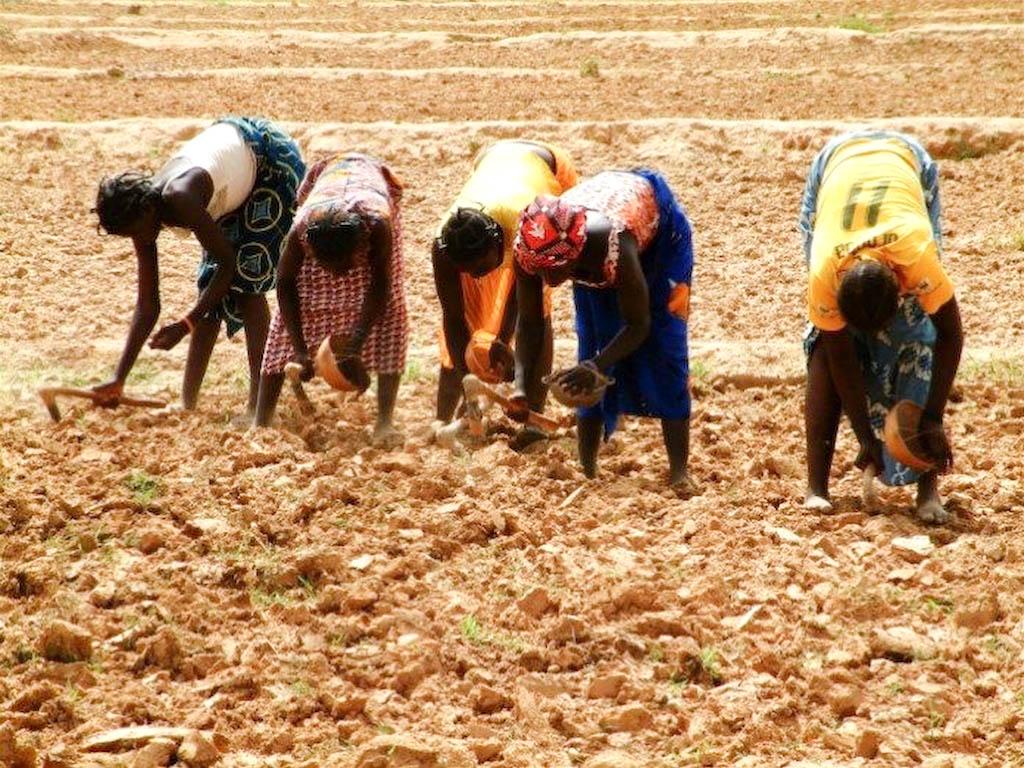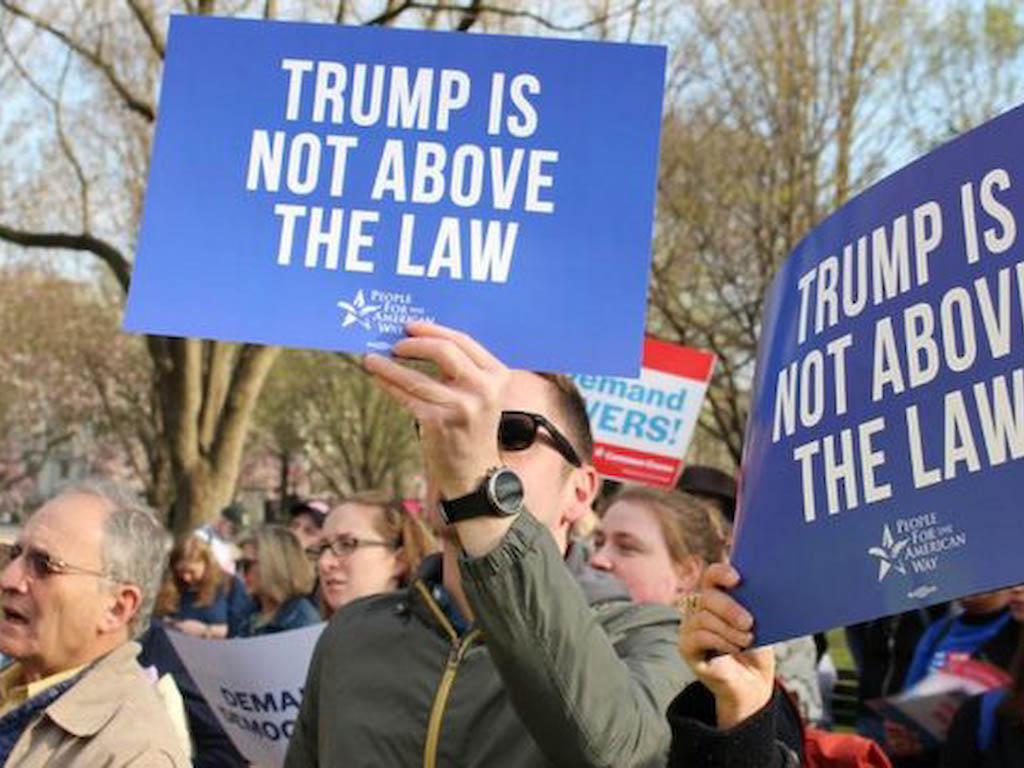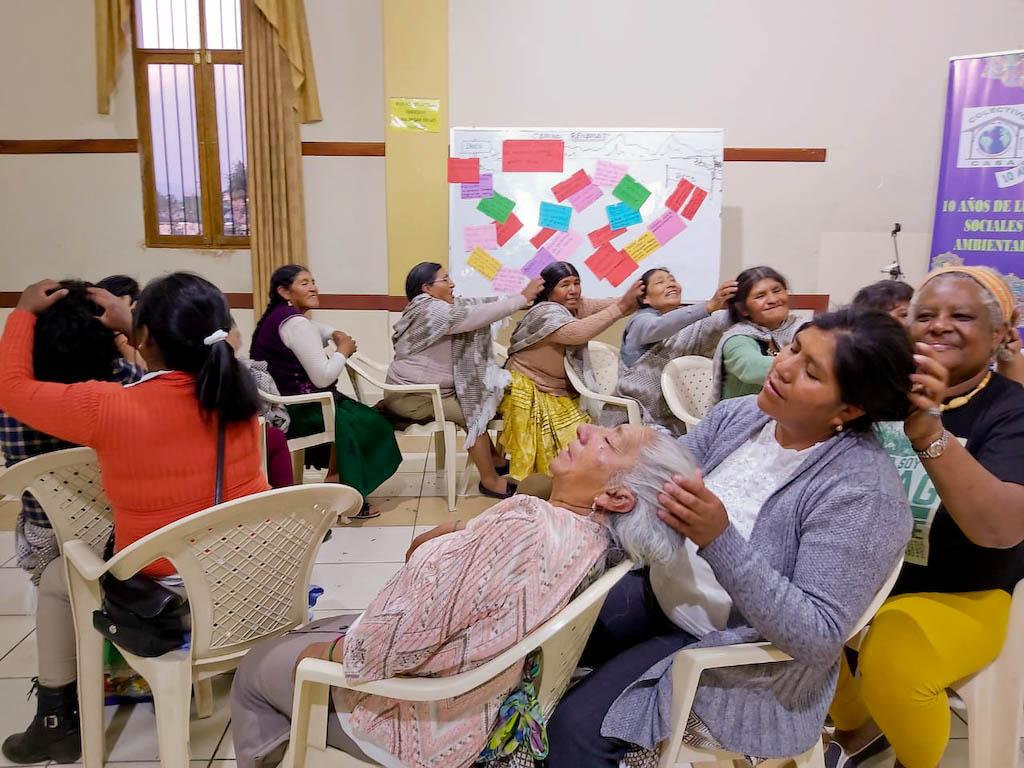Jpic News from John Paul Blog - Vol. 7 - N 12
|
THE NEWS OF THE MONTH
Our wishes of ChristmasNeither the Gospels nor any other historical document establishes the date of Christ’s birth. The Christians chose December 25th making the birth of Jesus to take the place of the pagan festival of the Sol invictus, that is of the sun that is never defeated. The night of December 24th - 25th is the winter solstice, marking the longest night and the shortest day of the year. The days then return to lengthen and the sun to overcome the darkness. The Romans called it Natalis, or rather Dies Natalis of Invictus Sol. It was transposing the symbolism of victory over darkness into the appearance of Christ on Earth. Insofar, it is a day of hope and certainty in a better future. Our wishes should gather and express this hope "of a certainty that is not yet seen", St. Paul would say, but it is strongly certain. This blog would present its wishes to those among its readers who hope with the certainty in the goodness of God and in humanity. It cannot do this in the better way than with this video. The work of so many men and women who do good, will give us a certainty: optimism it is not just a gooders’ matter, but sure hope in a better future, of peace and justice. Watch the video in English with sub-titles in Spanish Guerreros del planeta | |
|
THE GOOD NEWS
To end the inequalitiesThe 10 ways of Thomas Piketty. Thomas Piketty is a renowned economist of our time. Of French origin, he specialized in the study of economic inequality and its relations with capitalism. Piketty is one of the few voices who, supported by rigorous studies and findings, has pointed to the detrimental effect of economic practices such as inheritance of property, excessive accumulation of capital, tax havens, and other factors related to general well-being. This economist does not hesitate to attribute to the State a decisive importance in regulating the economy, in particular to influence the effects that, by its own logic, generates the economic system in which we live. According to Piketty, there is a necessity for an entity acting on the inertia of capitalism to lead it into a different path. Six years after the bestseller "Le Capital au XXIe siècle" (Capital in the 21st Century), Thomas Piketty published on September 12th, "Capital et Idéologie" (Capital and Ideology" - Seuil), an equally ambitious book in which he traces the world history of inequalities and ideologies that underlie them. In it dissects the concentration of capital and offers 10 proposals to finish with the concentration of capital. 1-. Social ownership and co-management of companies: employees would have 50% of the seats in the boards of directors and the voting rights of the largest shareholders should be capped (to 10% in large companies). 2-. Temporary property: creation of a progressive annual tax on property, whose rates would go from 0,1% for the small patrimonies - up to 100,000 Euros - to 90% for the patrimonies higher than 2 billion Euros. 3-. Universal capital endowment and property circulation: at age 25, each receives the equivalent of 60% of the average capital, or 120,000 Euros, financed by the progressive property tax. 4-. Higher rates of higher income and estate tax increases (up to 90%). 5-. Making constitutional the principle of tax progressivity. 6-. Educational justice: effective and verifiable rebalancing of educational expenditure for disadvantaged areas. 7-. Introducing an individual and progressive carbon tax through a "carbon map" to measure the consumption of each person. 8-. Financing of political life: citizens receive from the state "coupons for democratic equality" to be paid to the parties of their choice; drastic capping of private donations. 9-. Inclusion of quantified and binding fiscal and environmental objectives in trade agreements and international treaties; suspension of all agreements and treaties (including the European ones) that do not fulfill these conditions. 10-. Creation of an international financial cadastre allowing tax administrations to know who owns what; suspension of the agreements of capital free movement that do not fulfill these conditions. See The 10 Thomas Piketty's tracks to end the inequalities (L'Obs, 04 septembre 2019) | |
|
THE WORST NEWS
Central America – Fertile Ground for Human TraffickingCentral America is an impoverished region rife with gang violence and human trafficking – the third largest crime industry in the world – as a major source of migrants heading towards the United States. Human trafficking has had deep roots in Central America, especially in Guatemala, Honduras and El Salvador, for decades, and increasingly requires a concerted law enforcement effort by the region’s governments to dismantle trafficking networks, and to offer support programs for the victims. The phenomenon “has become more visible in recent years, but not much progress has been made in the area of more direct attention to victims,” Carmela Jibaja, a Catholic nun with the Ramá Network against Trafficking in Persons, told IPS. This Central American civil society organization forms part of the Talita Kum International Network against Trafficking in Persons, based in Rome, which brings together 58 anti-trafficking organizations around the world. Jibaja pointed out that “the biggest trafficking problem is at the borders, because El Salvador is a country that expels migrants,” as well as in tourism areas. The most recognized form of trafficking in the region is sexual exploitation, whose victims are women. Carlos Morán, Interpol security officer and a member of the Honduran police Cybercrime Unit, agrees: “We know that El Salvador, Honduras and Guatemala are countries with a heavy flow of undocumented migrants, which puts them at risk of becoming victims of trafficking.” It was during the Regional Seminar on Investigation Techniques and Protection of Victims of Trafficking in Persons, hosted Nov. 4-8 by San Salvador, that brought together officials from the office of the public prosecutor, police officers, legal experts and other key actors and experts from Guatemala, El Salvador and Honduras. These countries make up the so-called Northern Central American Triangle. Go on reading | |
|
CELEBRATING!
New Catacombs Pact, a new birth for the Church?More than a half century after a group of bishops at the Second Vatican Council made a solemn pledge “to live a simple lifestyle close to their people”, a group of participants from the Synod of Bishops for the Amazon signed a new pact in the Catacombs of Domitilla. On 16 November 1965, just a few days before the closing of the Second Vatican Council, 42 Council Fathers celebrated Mass in the Catacombs of Domitilla, to ask God for the grace “to be faithful to the spirit of Jesus” in the service of the poor. After the celebration of the liturgy, they signed the ‘Catacombs’ Pact of the Poor and Servant Church’. Later, more than 500 Council Fathers added their names to the pact. More than 50 years later, the legacy of those Council Fathers was taken up by a group of Bishops and participants in the Synod of Bishops for the Pan-Amazon region. During a celebration mass held in the Catacombs of Domitilla, on Sunday 20th October, the Synod Fathers present signed a new “Pact of the Catacombs for the Common Home. For a Church with an Amazonian face, poor and servant, prophetic and Samaritan”. The document contains 14 points. The bishops promised to defend the Amazon rainforest, to promote an “integral ecology” of care for people and for the Earth and, “before the avalanche of consumerism,” to live “a happily sober lifestyle that is simple and in solidarity with those who have little or nothing.” Go on reading | |
|
TAKE ACTION NOW!
Make big polluters payIt’s time to hold Big Polluters liable for the losses and damage they are knowingly causing, and to pay for the solutions we need to transition to a just, sustainable future. It is time to make them pay. For decades, Big Polluters like Exxon, Shell, and others have known that their products were fueling disastrous climate change. Despite this, they have spent billions of dollars to manufacture doubt and denial about the causes of climate change, discredit science, buy political influence, and delay action. They have made record profits, all at the expense of people in the Global South, and low-income communities around the world. Up until now, the people least responsible have paid the price for Big Oil’s crimes. It is time to make fossil fuel companies pay for the harm they have done to our communities. Climate change affects us all. Moreover, the people most affected by the climate crisis don’t usually hold stock in Exxon. People are fighting to protect their homelands from rising seas, their loved ones from extreme weather events, and their lives and livelihoods from floods, droughts, pipelines, brutal fossil fuel extraction, deforestation, destruction of natural ecosystems, land grabs, and other violations of their rights. Communities around the world are struggling to fund urgent recovery needs from climate disasters, and to cover ongoing costs for chronic health problems from pollution. Real, just solutions to address climate change are within reach, and have been led by communities on the front lines of the climate crisis for decades. See the solutions enshrined in the People’s Demands for Climate Justice. Communities around the globe are holding polluting industries liable for the damage they have caused. However, frontline communities urgently need funding to implement these solutions, as part of a just and equitable transition. This is why Big Polluters can not only afford to, but must be made to pay for the devastating impacts of the climate crisis and pay to implement the just solutions the world urgently needs. The U.S. has a crucial role to play in taking on the most powerful industries on the planet. New York Attorney General Letitia James is suing Exxon for deceiving its shareholders; the trial is happening right now. Other regions are filing lawsuits as well, including on behalf of the people. These cases will build essential legal precedents. This summer, the U.S. Conference of Mayors voted to oppose any limits on such lawsuits. Activists are demanding that Congress investigate Exxon and other Big Polluters for decades of deception. Most North-Americans “believe that fossil fuel companies bear primary responsibility for climate change and should foot the bill to fix the mess they created.” Five years ago, most people would not have believed that we would see ExxonMobil in court for creating the climate crisis. We are seeing it now because people power made it happen. That is what is right: fossil fuel companies have to pay. It is time to join the growing movement to hold Big Polluters liable for the damage they cause. Make your public authorities accountable of taking this action and protect the citizen for paying the consequences the big polluters caused. See the initiative in the United States | |
|
KNOWING THE SDGs
Goal 10: Reduce inequality within and among countriesThe international community has made significant strides towards lifting people out of poverty. The most vulnerable nations – the least developed countries, the landlocked developing countries and the small island developing states – continue to make inroads into poverty reduction. However, inequality persists and large disparities remain regarding access to health and education services and other assets. There is growing consensus that economic growth is not sufficient to reduce poverty if it is not inclusive and if it does not involve the three dimensions of sustainable development – economic, social and environmental. Fortunately, income inequality has been reduced both between and within countries. At the current time, the per capita income of 60 out of 94 countries with data has risen more rapidly than the national average. There has been some progress regarding creating favorable access conditions for exports from least developing countries as well. To reduce inequality, policies should be universal in principle, paying attention to the needs of disadvantaged and marginalized populations. There needs to be an increase in duty-free treatment and continuation of favoring exports from developing countries, in addition to increasing the share of developing countries’ vote within the IMF. Finally, innovations in technology can help reduce the cost of transferring money for migrant workers. Facts and figures
Goals 10 targets. By 2030,
| |
|
KEEP HOPING
Sisters for SaleHuman trafficking is a vast and growing global crisis affecting every country on Earth, with estimates of 40.3 million victims. Awareness is the first crucial step towards tackling this issue. The public is familiar with the expression “human trafficking”, however few understand what it truly means and how monstrous an issue it is, since it is approached from an impersonal statistical angle. This film, “sisters for sale” gives a far more personal insight into the complex realities of human trafficking. The movie talking about young Hmong women on the border between Vietnam and China who find themselves caught between a violent custom and a vicious criminal underworld. Investigating the mysterious disappearances of his local friends, an Australian filmmaker uncovers a human trafficking crisis and sets off an incredible series of events. Betrayed, stolen, and sold into forced marriages with strange men, two teenage friends are forced to make the heartbreaking choice between their baby girls and their own freedom. ‘Sisters for Sale’ was first released in 2018 as a multi-award-winning documentary, and is now being released as a serialized podcast and set of books. To see the trailer in various languages click here. An to know the genesis of the movie, see this video Photo. Traditional bracelets become a symbol of slavery
| |
|
WORTH THINKING ON
We Can Feed the World and Ensure No One Goes HungryEnough food is produced today to feed everyone on the planet, but hunger is on the rise in some parts of the world, and some 821 million people are considered to be “chronically undernourished”. On October 16th, World Food Day was celebrated as a call to reflect on this apparent contradiction, which leads to the question: What steps are being taken to ensure that everyone, worldwide, receives sufficient food? Thanks to rapid economic growth, and increased agricultural productivity over the last two decades, the number of people in the world who aren’t getting enough to eat has dropped by almost a half, with regions such as Central and East Asia, Latin America and the Caribbean making great strides in eradicating extreme hunger. However, that’s against a background of the global population rising by nearly two billion. And now recent trends suggest that the hunger problem persists: particularly in Africa and South America, where there are new indications that undernourishment and severe food insecurity are on the rise. In Sub-Saharan Africa the number of undernourished people has increased, from some 195 million in 2014, to 237 million in 2017. Poor nutrition causes nearly half of deaths in children under five in the region, some 3.1 million children per year. Achieving the 2030 goal of Zero Hunger, in other words ensuring that nobody goes hungry wherever they are in the world, remains a major challenge. According to a recent World Food Program (WFP) the causes of increased hunger include environmental degradation and drought – both of which are impacted by climate change – as well as conflict. The lack of biodiversity in agriculture is also a cause for concern, and is held responsible for homogenous diets. The good news is that, around the world, innovation and technology are being used to improve a wide range of food production challenges. Here are some examples. Go on reading | |
|
RESOURCES
Reflection on Trump’s ImpeachmentOur interest in this blog is never to align ourselves with political positions and even less when it comes to internal politics of a country. The interest of this article for JPIC is the methodology of analysis that teaches us to take always the right distance from any idea, especially when it borders on ideology. Which unfortunately is a weakness of all political currents today. It is very likely that the idea of impeaching Donald Trump will be a boomerang. Trump fans are listening to a furious campaign, which smacks of coup d’état and calls his accusers traitors who deserve to go to jail. In the first three hours after the announcement of the Speaker of the House of Representatives, Nancy Pelosi, that an impeachment process would be launched, Trump received a million dollars, five million in 24 hours, and 8.5 million in two days. His campaign received 50,000 new donors. Trump won the election by just under 80,000 votes. It should be borne in mind that the US electoral system does not elect the president by the majority of the votes of its citizens, but by delegates that each State elects to vote for the president. For historical reasons related to how the Union was created, the less populated and less developed states have proportionately more delegates than the large and wealthy states. Trump ran his campaign in the less developed and less populous states, and in practice ignored the big cities and the most populous states, like California. In the popular vote, that is of citizens, Democratic candidate Hilary Clinton won by three million votes. I think the Democrats are doing Trump a great favor. Go on reading | |
|
WITNESSING
Widen the horizon of empowered womenConcluding the Special Synod of Bishops on the Amazon, Pope Francis in his homily said with a witty remark that the final document speaking of women falls “short” because of the importance of women in “transmitting the faith and in preserving the culture." For the laity to be privileged actors, "the Church in the Amazon wants to expand the spaces for a more incisive female presence in the Church" and promote "their active participation in the ecclesial community. If the Church loses women in its totality and real dimension, the Church is exposed to sterility (Pope Francis).” In the Amazon region, women lead most Catholic communities. Hence, the request to create a ministry for "the women leaders of the community", requesting the permanent diaconate for them. However, a special Synod risks focusing only on that particular region. The Church and the society, on the other hand, risk considering its conclusions as important and valid only for that region. The risk increases when names such as Brazil and Amazonia enter the stories and make us forget that there are other important forests in Africa and Asia oxygenating the world and that the Amazon itself covers nine states. It is significant that at the Synod’s vigil, on September 20-21st in Cochabamba city (Peru) there was held an important event that went unnoticed: the 6th annual summit of the National Network of Women in Defense of Mother Earth (RENAMAT). Go on reading |

- Office P.O. Box 138 - Montclair NJ 07042 0138 US
- Please, share your suggestions, opinions, doubts and ideas writing to pezzijp@jpic-jp.org
- You can subscribe also by writing to webmaster@jpic-jp.org
- For all back issues www.combonimissionaries.org - www.comboni.org
- Copyright © www.jpic-jp.org

